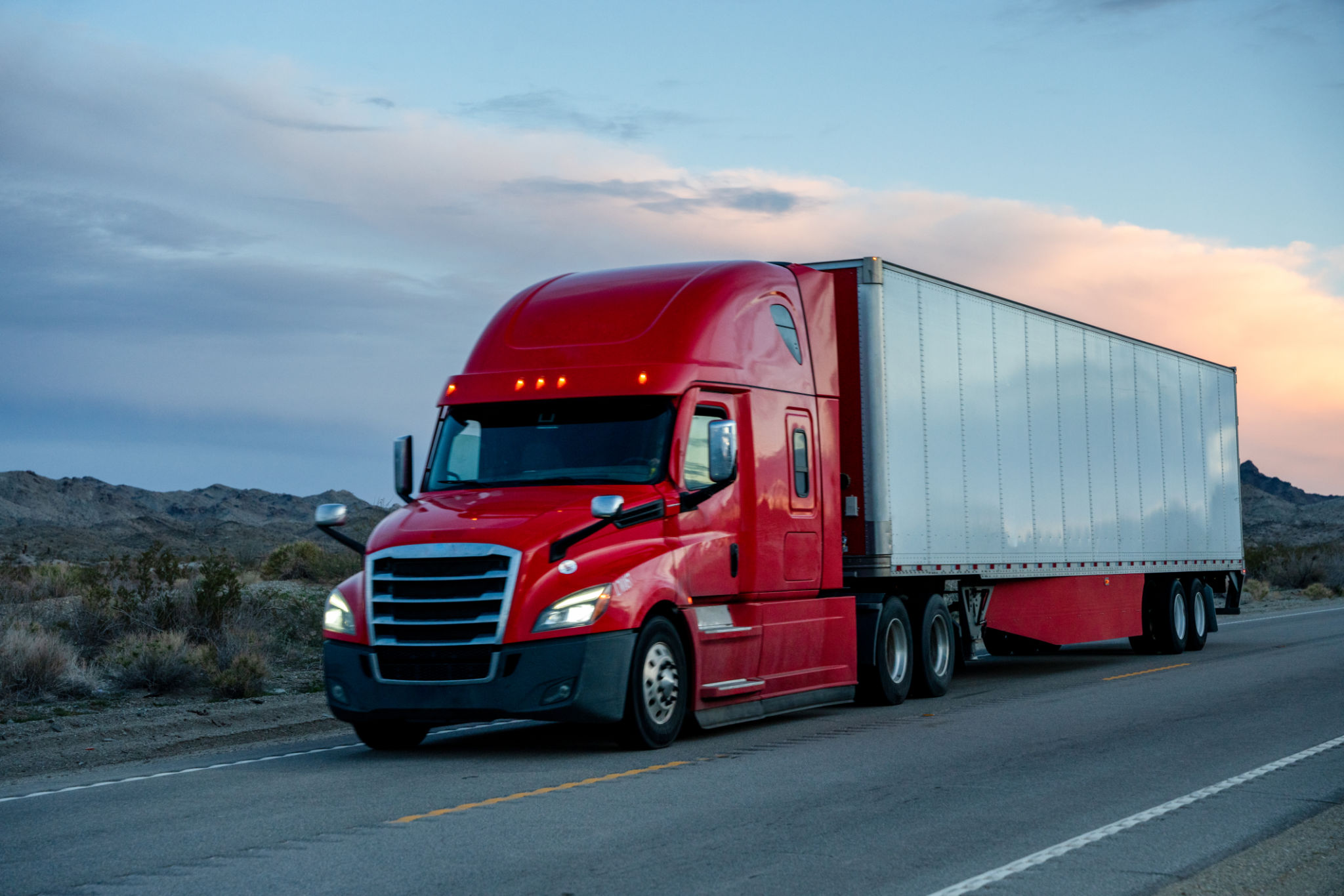Expert Insights: The Future of Freight Transportation in Indianapolis
Introduction to the Freight Transportation Landscape
Freight transportation in Indianapolis is at a crossroads, poised for significant transformation as technology and sustainability take center stage. This city, known as the "Crossroads of America," is uniquely positioned to lead in innovative freight solutions. As businesses look towards future-proofing their logistics, understanding the trends and challenges in this sector is crucial.

Technological Advancements Driving Change
Technology is reshaping the freight industry at an unprecedented pace. From autonomous vehicles to advanced GPS tracking, these innovations promise increased efficiency and accuracy in delivery processes. Companies are investing heavily in smart logistics systems that integrate AI and machine learning to optimize routes and reduce costs. This not only improves speed but also enhances reliability, ensuring that goods arrive on time.
One significant development is the use of drones for last-mile delivery. While still in its nascent stages, this technology could revolutionize how goods are transported within urban areas. Indianapolis's infrastructure and openness to innovation make it an ideal testing ground for such advancements.
Sustainability and Green Initiatives
The push for sustainability is a driving force in redefining freight transportation. Companies are increasingly focusing on reducing their carbon footprint by adopting eco-friendly practices. This includes the use of electric and hybrid vehicles, which are becoming common on Indianapolis roads. Additionally, there is a growing interest in rail transport as a more sustainable option compared to traditional trucking.

Furthermore, logistics companies are investing in green warehousing solutions, utilizing renewable energy sources and energy-efficient technologies. These efforts not only contribute to environmental conservation but also appeal to a growing segment of consumers who prioritize sustainability.
Challenges Facing the Freight Sector
Despite the promising advancements, the freight industry faces several challenges. One significant issue is infrastructure limitations. While Indianapolis has a robust transport network, aging infrastructure can pose obstacles to efficient freight movement. Investments in road and bridge repairs are necessary to support the increasing demand for freight services.
Moreover, regulatory changes and labor shortages are affecting the industry. The need for skilled drivers continues to grow, prompting businesses to explore automation as a potential solution. However, this transition requires careful planning and investment.

The Role of Public and Private Partnerships
Collaboration between the public and private sectors is essential for addressing these challenges. By working together, they can develop comprehensive strategies that enhance infrastructure and promote innovation. Public policies that incentivize sustainable practices and technology adoption can accelerate progress in the freight sector.
Indianapolis is already seeing initiatives where city planners collaborate with logistics companies to streamline operations and improve traffic management. Such partnerships are vital for creating a resilient freight ecosystem that meets future demands.
The Road Ahead: Embracing Innovation
Looking forward, the future of freight transportation in Indianapolis appears bright with numerous opportunities for growth and improvement. Embracing technological advancements while prioritizing sustainability will be key to maintaining competitiveness in the global market.
As stakeholders continue to innovate and collaborate, Indianapolis will undoubtedly strengthen its position as a leader in freight transportation, setting benchmarks for other cities to follow.
